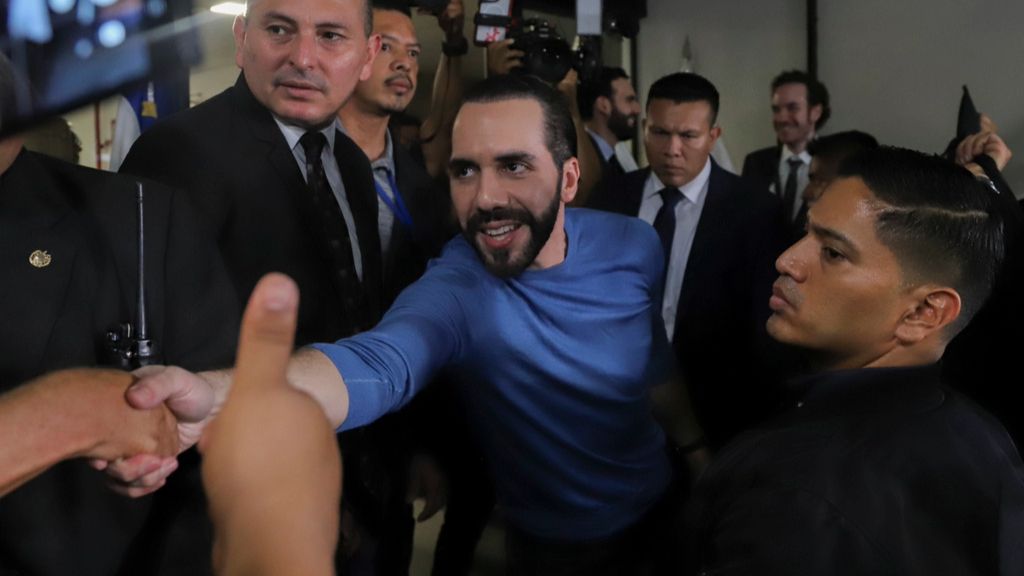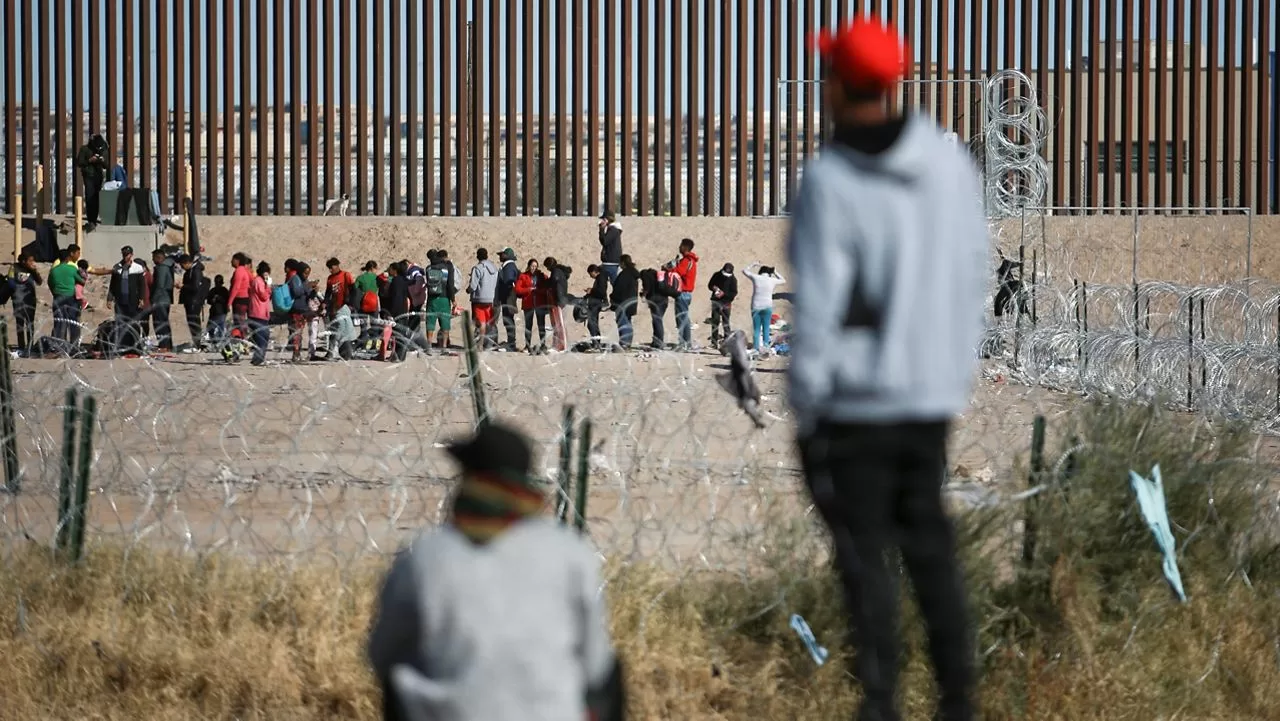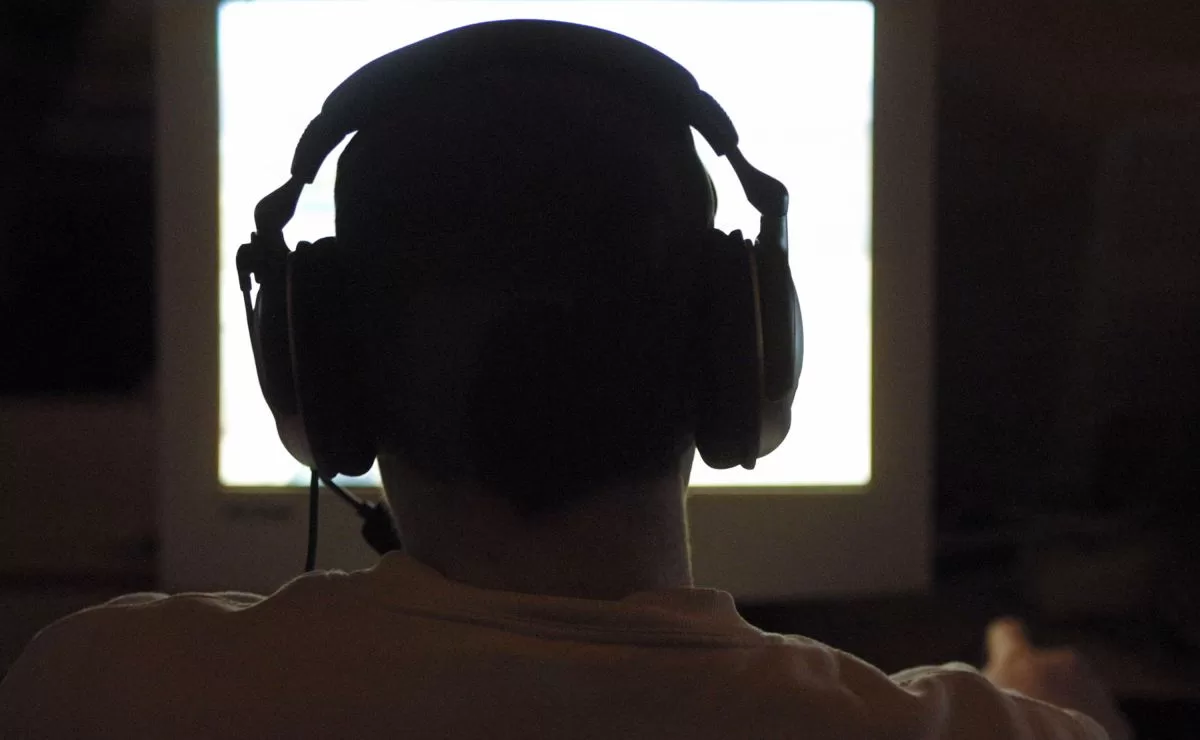Nayib Bukele on Wednesday took his re-election campaign for the presidency of El Salvador beyond the borders of the small Central American country to capitalize on his growing popularity throughout Latin America.
During a two-hour “Space” forum on platform X, formerly Twitter, Bukele accused critics of his controversial security policies of trying to keep El Salvador and other developing nations under control.
The politician attacked the Inter-American Commission on Human Rights (IACHR) and similar international institutions, alleging that “they seem to have the mission of keeping us in underdevelopment.” The IACHR called in April for the end of the state of emergency instituted in March 2022 and which suspends fundamental rights to allow the government to intensify its fight against the country’s powerful gangs.
Bukele explained that to transform the reality of El Salvador they began by changing the laws, they removed judges and prosecutors and his party won the majority in Congress, adding that they not only received criticism “but they publicly condemned us.”
I share with you the Space we made yesterday.
We did it in an organic, open, casual and not “stuffed” format.
Apologies for the informality, but we wanted to make it as natural as possible.
— Nayib Bukele (@nayibbukele) January 4, 2024
“Public condemnations were not enough, they came to El Salvador to demand that we return everything as it was before. But we had the courage not to listen to them. We endured the condemnations at the time and I think they got tired of condemning us,” he added.
On March 27, 2022, when 62 homicides were recorded in one day, Congress approved the declaration of a state of emergency, which limits freedom of association, suspends the right of a person to be informed about the reason for their arrest and to request the assistance of a lawyer. In addition, it extends the period of administrative detention from 72 hours to 15 days and allows the authorities to intercept the correspondence and cell phones of those it considers suspicious.
Parliament also reformed the Penal Code so that members of gangs or maras, or any other criminal organization, can be sentenced to sentences of between 20 and 40 years in prison. The ringleaders could face sentences of 45 to 60 years in prison.
The government assures that the extraordinary measures have been successful and that 74,000 people were captured, of which the judges released more than 7,000 due to lack of evidence.
Bukele took a temporary leave of absence last month to run for reelection — despite a constitutional provision prohibiting it — and nominated his private secretary to take his place. The Supreme Court, staffed by judges selected by the president’s allies in Congress, ruled in 2021 that he could seek a second five-year term in the February 4 elections.
In one of the most recent surveys, 70.8% of those surveyed approved of Bukele’s government and 97.7% considered that violence has decreased. The survey conducted by the José Simeón Cañas Central American University (UCA), run by the Jesuits, gave a wide advantage to the ruling party Nuevas Ideas.
According to the survey, 61.7% would vote for Bukele’s party, 2.6% for the leftist Farabundo Martí National Liberation Front (FMLN) and 1.5% for the rightist Arena.
Asked about the possibility of reforming the Constitution to endorse an indefinite reelection, Bukele said on Wednesday that current legislation does not allow it, nor does it authorize plebiscites to try to reform the Magna Carta.
“Nor is it something I’m looking for, indefinite re-election,” he said.
Bukele added that he spoke with one of those foreign politicians in a country where people were fed up with traditional parties: Argentina’s new president, Javier Milei, a self-proclaimed “anarcho-capitalist” who won the election after a campaign against what he called the political caste of the country.
During a two-hour conversation, according to Bukele, he told him that he will have to face a system that does not agree with him.
“I told him that I wish him luck, we wish him the best and we hope that he can overcome those obstacles, the obstacle of reality, as well as the obstacle of the system that is going to try to block him and which is ‘We are not going to let you make the changes that want to do,'” Bukele said.
In 2015, El Salvador was considered one of the most violent countries in the world, with a rate of 106 homicides per 100,000 inhabitants. In 2023, the National Civil Police counted 214 violent deaths, including those of 37 alleged gang members who died in alleged clashes with the police and armed forces.
A report by Amnesty International indicated that, since the entry into force of the state of emergency and until the month of October, 327 forced disappearances have been recorded. For its part, the NGO Humanitarian Legal Aid assured that 218 Salvadorans “have died due to torture or lack of medical treatment in prisons that are centers of torture and death.”
The gangs are involved in drug trafficking and organized crime, they extort merchants and transportation companies and murder those who refuse to pay.
The United States included the Mara Salvatrucha (MS-13) on a list of criminal organizations in 2012. Three years later, the Salvadoran Supreme Court declared it a terrorist group, like the Barrio 18 gang.






